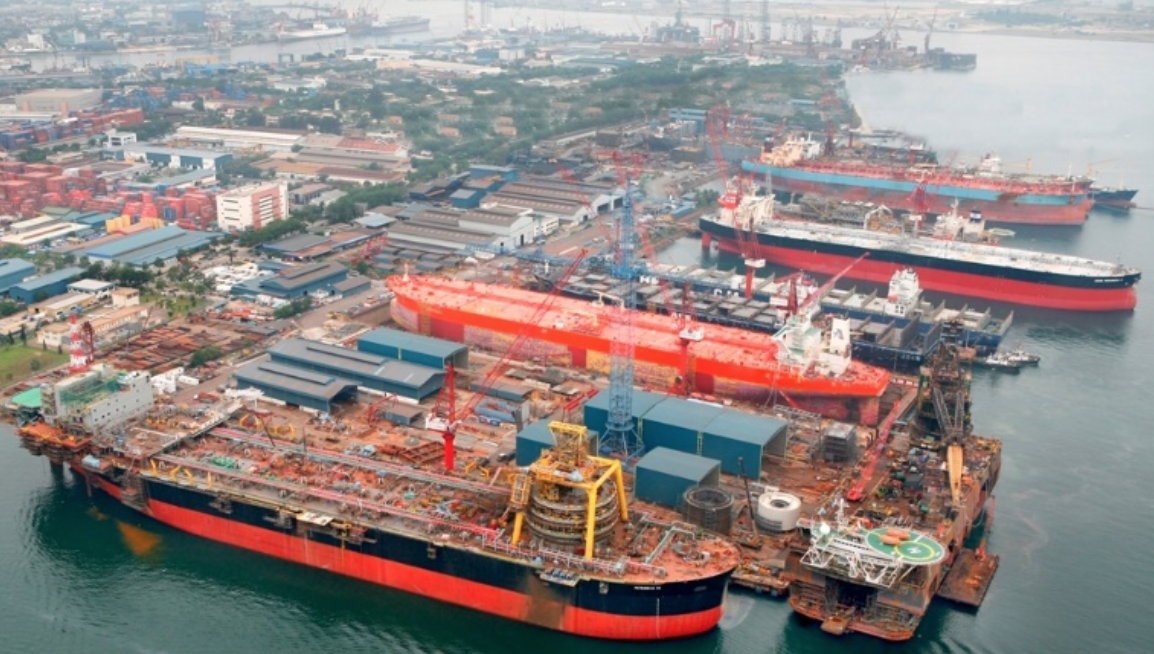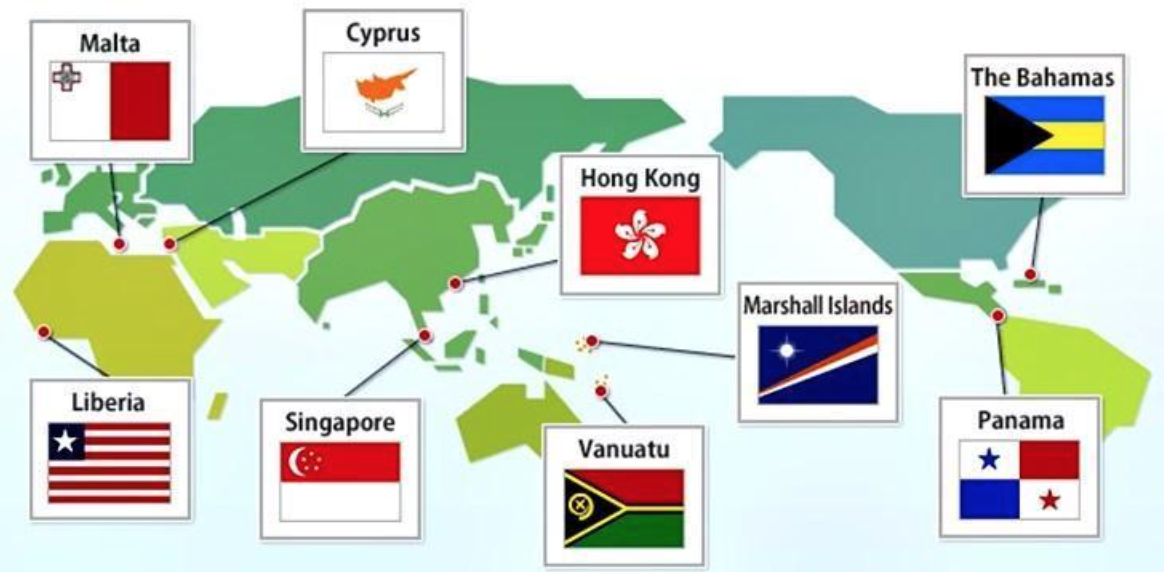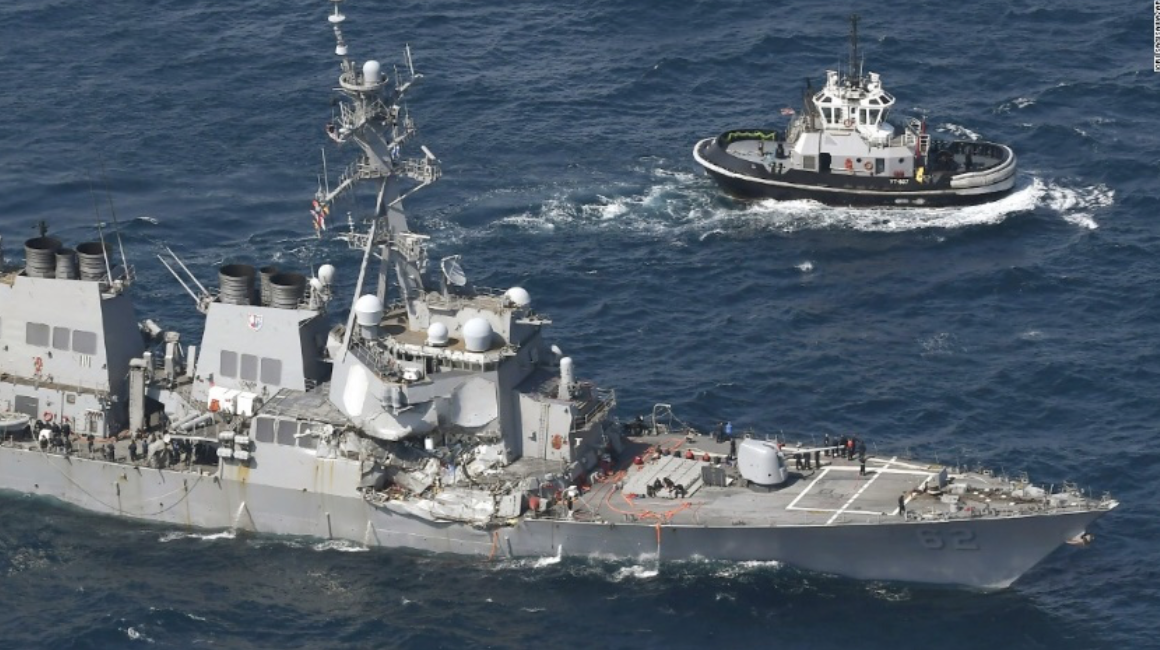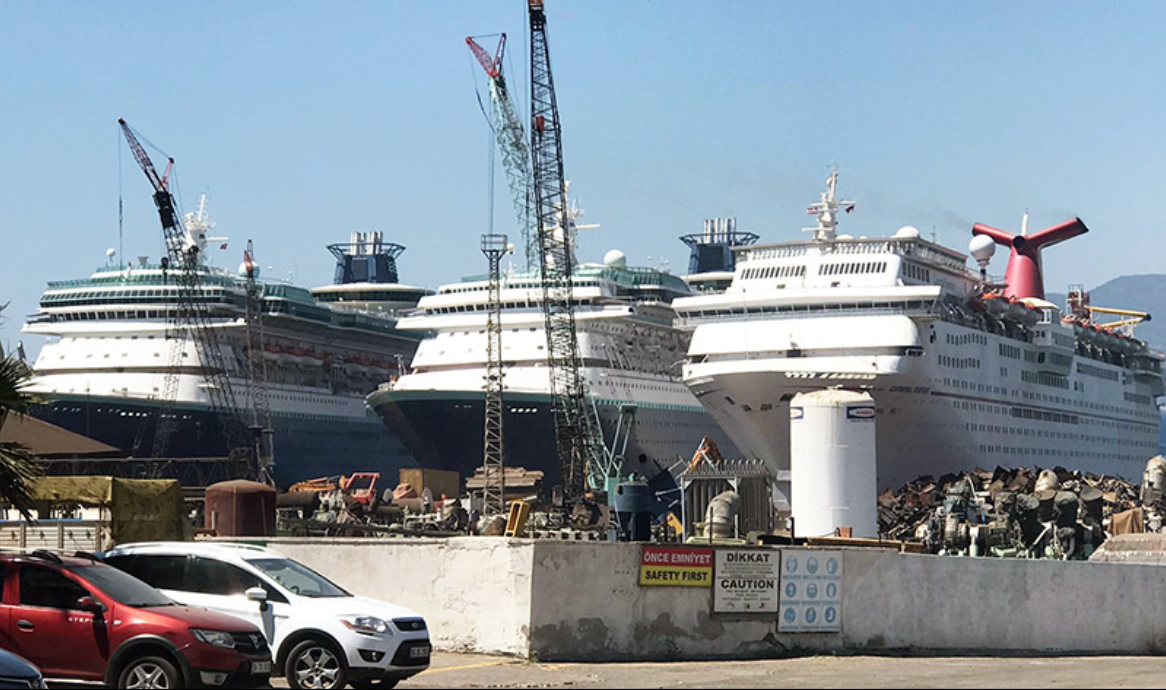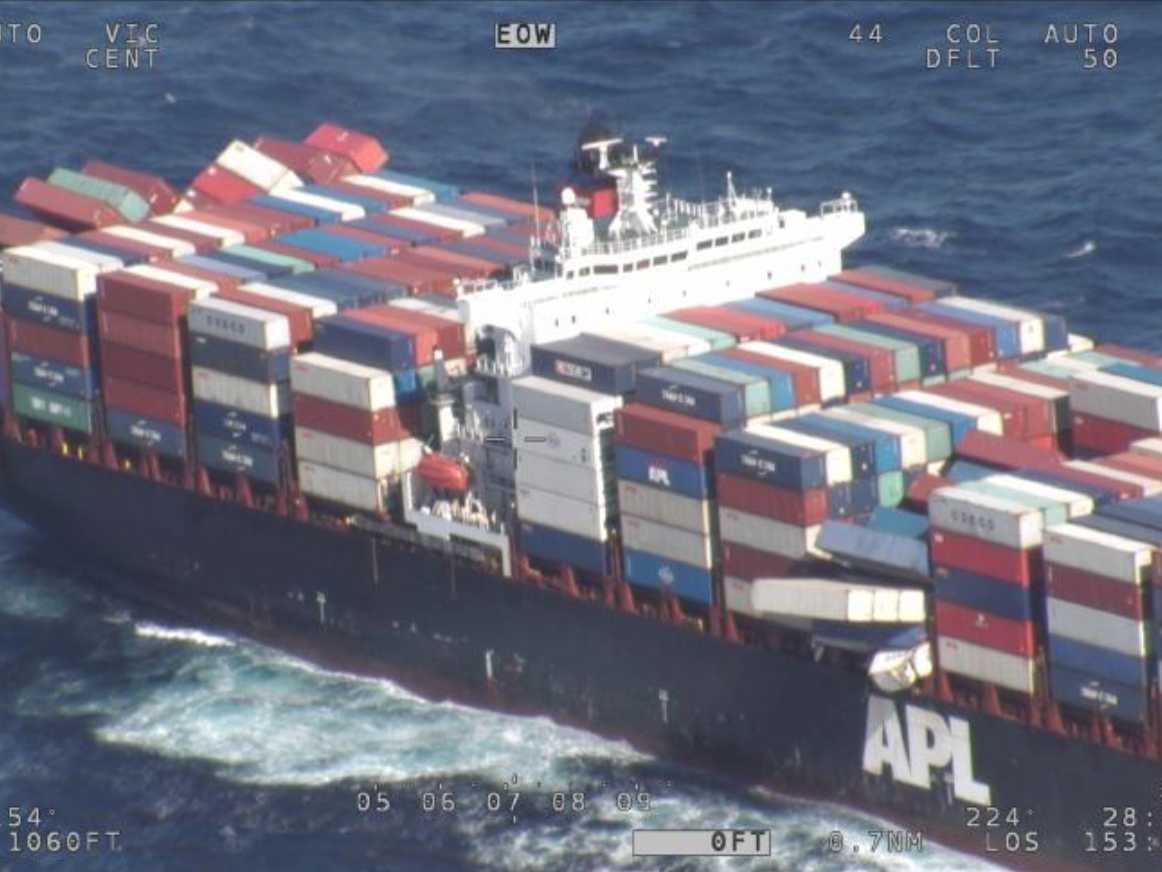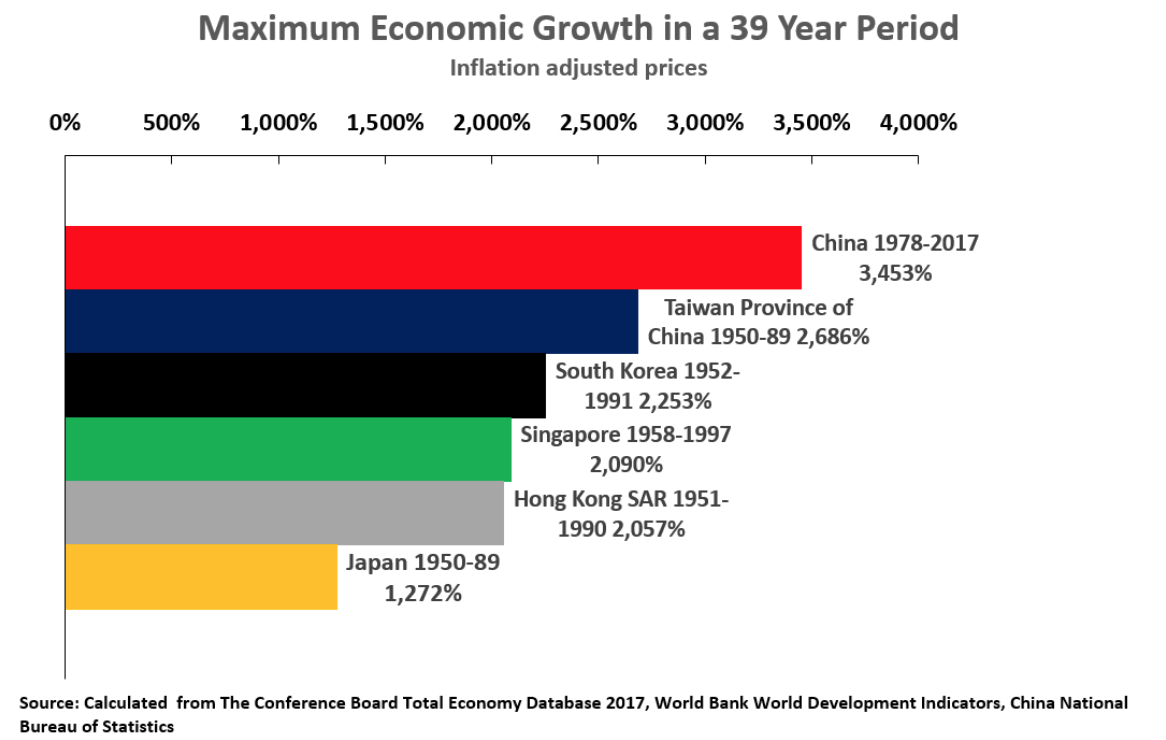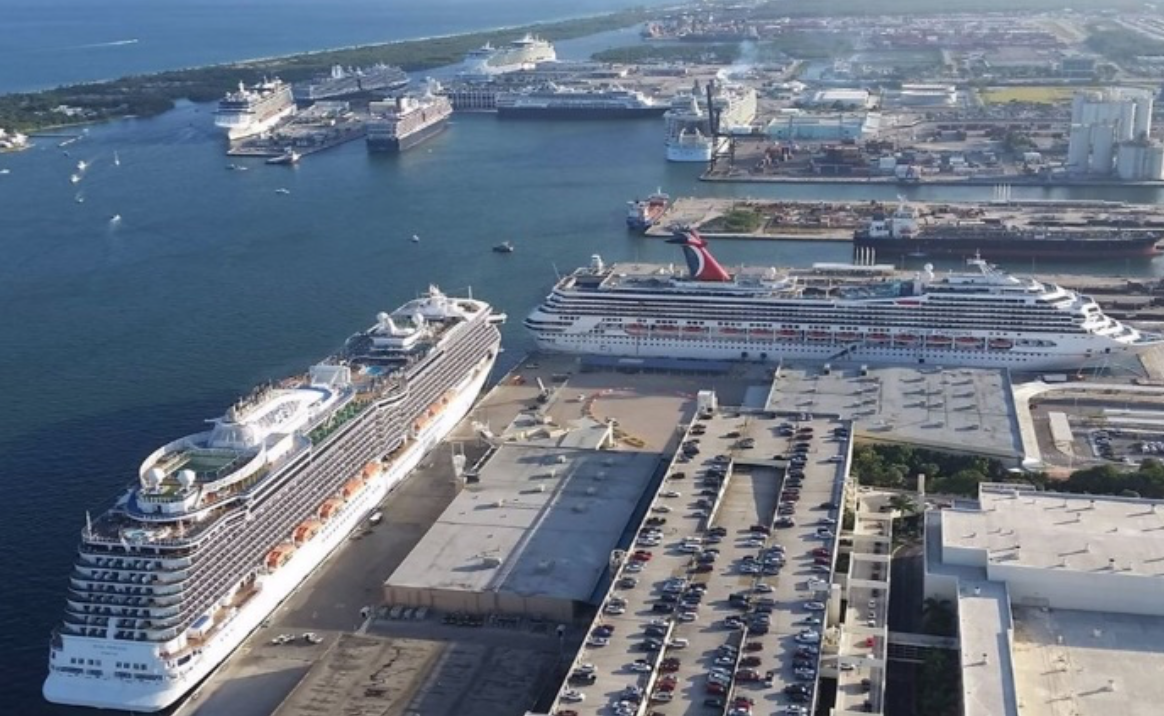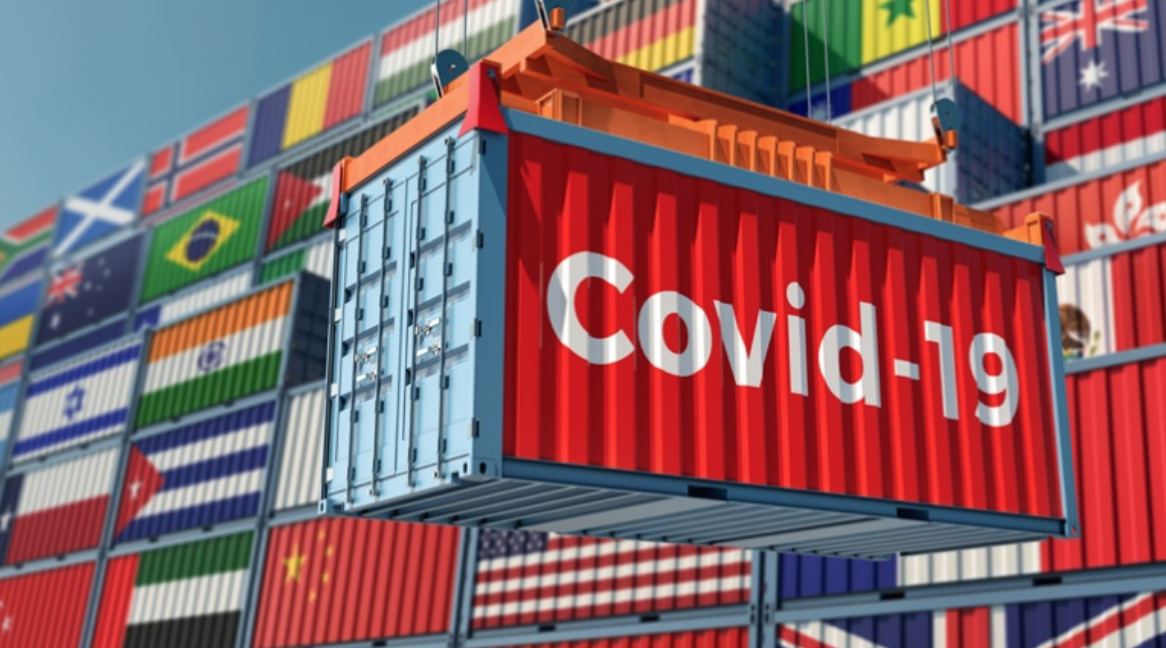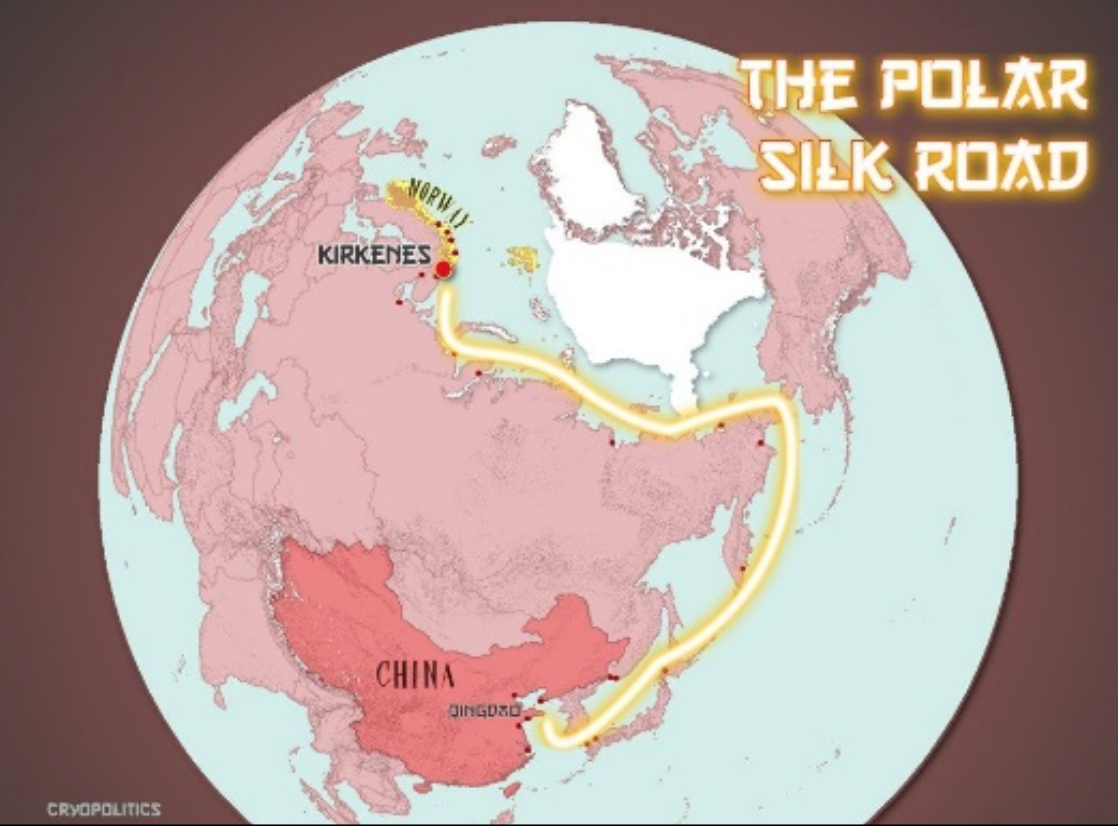Shipyards in Crisis
The scrapping of a number of older cruise ships has been much in the maritime media since the onset of the global pandemic effectively shuttered the cruise industry. However, a headline that caught my eye a couple of weeks ago was that it is 500 days since the last Very Large Crude Carrier (VLCC) was sold to a scrapyard. There are a number of reasons for this, primarily that until very recently VLCCs have been making strong returns, but also the uncertainty generated by IMO emission reduction targets. Just to remind you these are to reduce total emissions from shipping by 50% in 2050, and to reduce the average carbon intensity by 40% in 2030 and 70% in 2050, compared to 2008.

